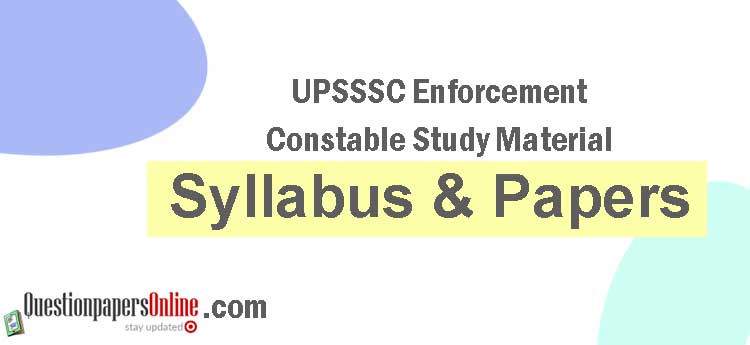UPSSSC Mukhya Sevika Syllabus 2023 & Exam Pattern PDF Download: Candidates have to check the details regarding the UP Head Servant Syllabus 2023. The higher authorities of the Uttar Pradesh Subordinate Services Selection Commission are planning to conduct the exam on the scheduled date. So, applicants who are going to take the Mukhya Sevika exam must and should have complete knowledge of UPSSSC Head Servant Syllabus 2023. For the comfort of applicants, we have attached the direct link to download the UPSSSC Syllabus 2023 in PDF format for free of cost.
Contents in this Article
UPSSSC Head Servant Syllabus 2023: Overview
Candidates must be familiar with expected topics covered in the UPSSSC Mukhya Sevika Syllabus 2023 in order to be selected for the post. The topic-wise UP Head Servant Syllabus is discussed below:
| UP Head Servant Syllabus 2023 | |
|---|---|
| Organization | Uttar Pradesh Subordinate Services Selection Commission (UPSSSC) |
| Post Name | Head Servant /Mukhya Sevika |
| State | India |
| Category | Syllabus |
| Updated for | 2023 |
| Syllabus Availability | Available |
| Download Format | |
| Official Website | www.upsssc.gov.in |
UPSSSC Mukhya Sevika Exam Pattern 2023 PDF
UPSSSC Mukhya Sevika Recruitment 2023 will be conducted in Following stages i.e. Preliminary Test (Objective Type), Written Test (Descriptive Type), Computer Proficiency Test, and Interview. From the below table, candidates must understand the scheme of the examination:
| Topic | Total No. of Questions | Marks | Duration of Exam |
| Subject Knowledge | 100 | 100 | 2 Hours (120 Minutes) |
- The exam will be for 100 marks.
- The questions asked will be based on the concerned subjects relevant to the post.
- The exam duration will be 2 hours.
- For each incorrect response, 1/4 of the marks allotted to that particular question will be deducted.
UPSSSC Head Servant Syllabus 2023 PDF
UPSSSC Head Servant Syllabus 2023: Download the UPSSSC Head Servant Syllabus in PDF document for your exam preparation, Candidates can check the detailed notification for the application form purpose. After application form, candidates start the exam preparation after the syllabus verification process.
|
|

